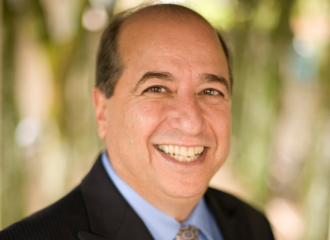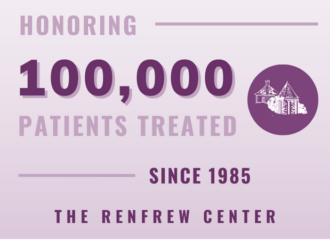Explore Categories

Eating Disorder Recovery During Summer Break: 7 Useful Tips for College Students
Worried about disrupting your eating disorder recovery during college summer break? Here are 7 tips for avoiding the most common pitfalls.

In the Media | The Real Cost of ‘Quick Fix’ Culture
Facial tweakments, body-sculpting procedures, and injectable weight loss drugs are seemingly everywhere, and our mental well-being may be paying the price. Dr. Sam DeCaro joins experts to discuss the impact of ‘quick fix’ culture on our mental health and body image.

In the Media | Experts warn restrictive eating with diet trend almond mom
The term “almond mom” has become increasingly popular on social media. What many people are not talking about, however, is that these individuals often have disordered eating behaviors themselves that have gone untreated. Diana Winderman, LPC, of the Renfrew Center of Philadelphia joins Renfrew alum, Danielle Reitinger to talk about the importance of getting help.

In the Media | Can Eating Disorders Be Genetic?
When eating disorders are known to effect 30 million Americans, many researchers have wondered if there is a genetic component. The Renfrew Center’s, Sam DeCaro, PsyD, joins other eating disorder experts and researchers to discuss the possibility.

Binge Eating to Anorexia: Can One Eating Disorder Turn into Another?
Eating disorders are more than just their symptoms. Failure to treat the underlying emotional causes can lead to symptom swapping or when one ED turns into another.

In the Media | When do you Share your Body Issues with Your Child?
As a parent, it can be difficult to know how much to share about one’s own relationship with food with our children. The Renfrew Center’s, Ashley Moser, joins other eating disorder experts to discuss if sharing our own struggles with our bodies and diets can be helpful to our children or if it will lead them on a path to body dissatisfaction.

Eating Disorder Recovery: 9 Tips for Navigating TikTok
Wondering how to use TikTok without making eating disorder recovery harder? Here are tips for avoiding negative content and finding a balance.

In the Media | Social Impact Heroes: Why & How Sam Menaged of The Renfrew Center is Helping to Change our World
Samuel Menaged, the founder and president of The Renfrew Center and Renfrew Center Foundation, shares what inspired him to open the first residential center for eating disorders and ways he’d like to see the field advance.

The Renfrew Center Commemorates Milestone
The Renfrew Center has now touched the lives of 100,000 patients who have come through our doors since 1985.
Reach Out to Us
Talk with a Program Information Specialist at the number above to learn more about our
services and to schedule an assessment. Or, fill out the information below and we will contact you.
